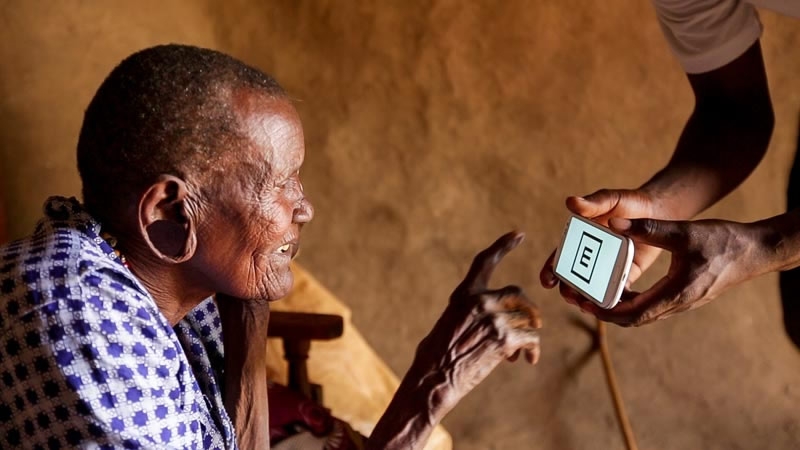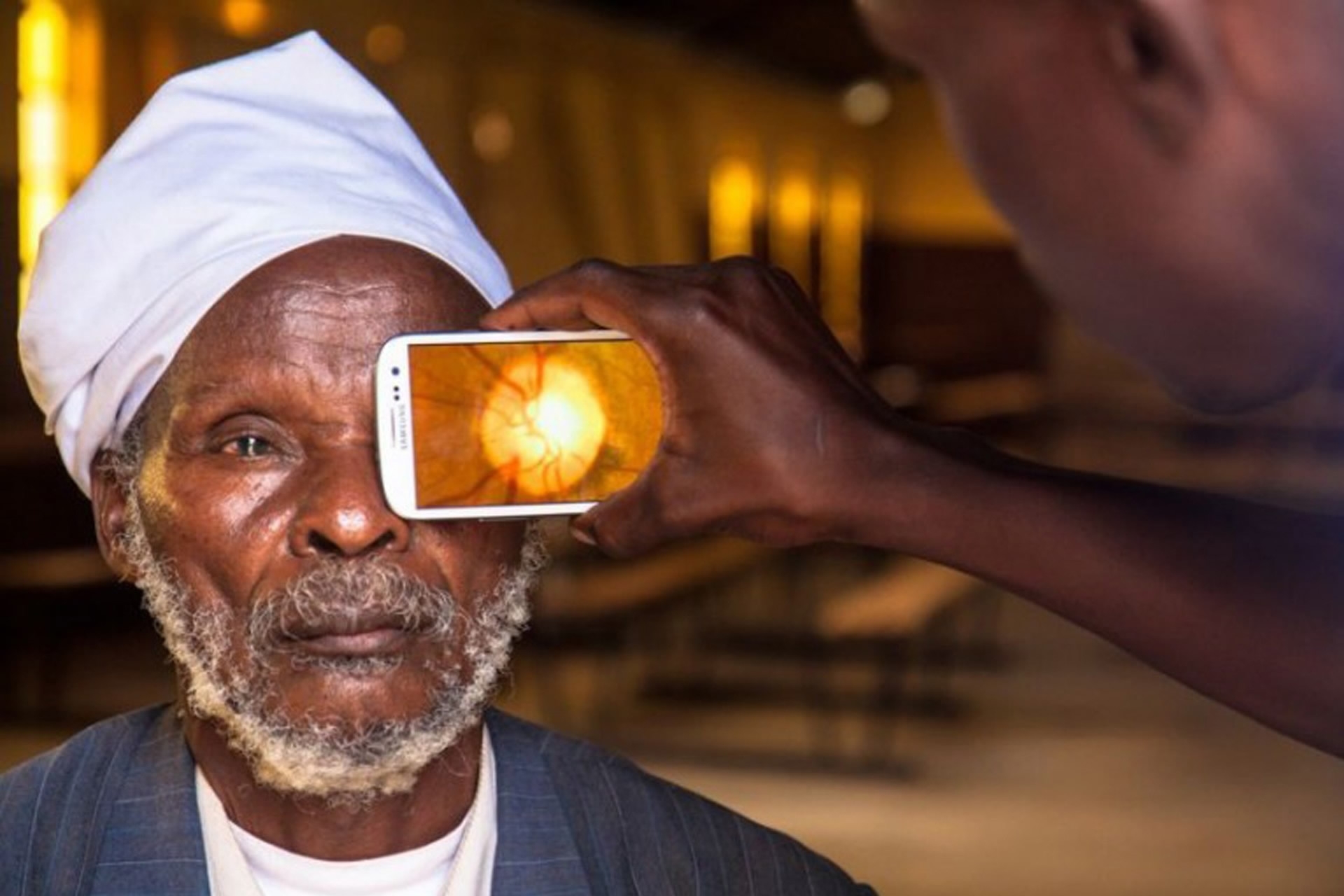
China
09:29, 30-Jun-2017
WHO digital health project uses tech to reach isolated areas

By CGTN's Oliver Jarvis
In this ever-changing world, where technology creates opportunities that can improve the way we “do things” – many governments and organizations are attempting to keep pace.
The World Health Organization Africa Health Forum was held in Kigali, Rwanda earlier this week.
A meet-up with some of the leading experts in the health industry to try and address current challenges, the forum aimed to work out the unique opportunities that utilizing technology can bring to healthcare.
One of many challenges with healthcare service delivery in Africa is infrastructure. Scores of people in isolated areas struggle to access hospitals, clinics and pharmacies. When they do, some of those medical institutions aren’t equipped with enough medication, doctors and nurses due to financial constraints.
While the WHO looks to partner with different sectors to improve the healthcare system on the continent, it’s also invested in advancing digital health, through eHealth. The program is particularly advantageous to people living in rural, isolated areas as well as understaffed hospitals.
The WHO describes eHealth as a cost-effective program that provides health services and information using mobile technology.
Under that umbrella is mobile health (mHealth), health information technology, and wearable devices among others. The organization says that digital health reduces inefficiency, improves accessibility and reduces costs.

While the WHO looks to partner with different sectors to improve the healthcare system on the continent, it’s also invested in advancing digital health, through eHealth. / WHO Picture
While the WHO looks to partner with different sectors to improve the healthcare system on the continent, it’s also invested in advancing digital health, through eHealth. / WHO Picture
Speaking at the WHO Africa Health Forum in Kigali, Dr Delanyo Dovlo gave the example of training volunteers and community members through video calling, especially during outbreaks of disease.
In such cases, a doctor who cannot reach a remote hospital due to logistical reasons, is able to use video calling to train staff or talk them through a particular medical procedure. Dr Dovlo said this platform also helps manage and track patients’ medical information.
Another example of digital health at work is the Zipline drone company that delivers blood to remote areas using drones in rural parts of Rwanda. The project was launched in 2016, and is the world’s first national drone delivery service.
The WHO hopes to form more partnerships with IT companies to help achieve universal health coverage in Africa.
9848km

SITEMAP
Copyright © 2018 CGTN. Beijing ICP prepared NO.16065310-3
Copyright © 2018 CGTN. Beijing ICP prepared NO.16065310-3